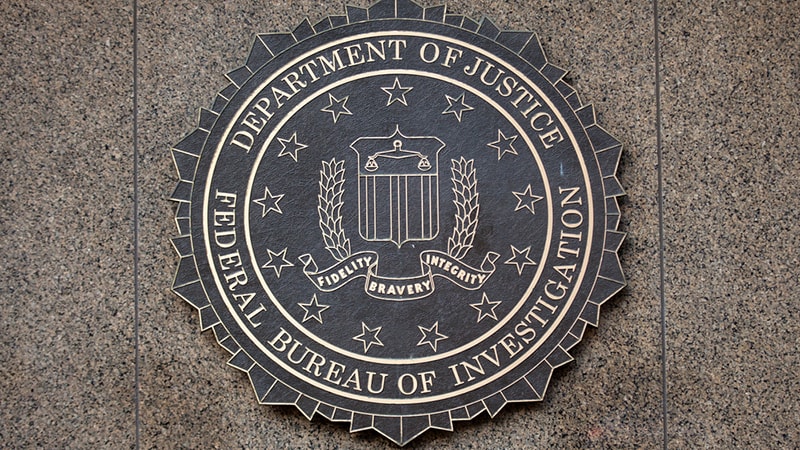
In a rapidly evolving digital landscape, the FBI is harnessing emerging technologies – and particularly artificial intelligence (AI) – to strengthen its law enforcement capabilities and enhance public safety while upholding the privacy rights of everyday Americans.

Speaking during a Center for Strategic and International Studies event on Oct. 2, Jacqueline Maguire, executive assistant director of the Science and Technology Branch and chief AI officer at the FBI, discussed how the bureau is using AI to enhance tip triage, cybersecurity, and intelligence analysis, while adhering to constitutional and privacy laws.
“At the FBI, we’re thinking about the application of AI more broadly, by using our wealth of historical information to help us respond more quickly and keep Americans safe,” Maguire said.
She pointed to the FBI’s National Threat Operations Center in West Virginia – the public call line for the FBI – as a key example. To date the average number of calls and emails coming in daily range between four or five thousand, making prioritizing threats a challenging.
“We’ve been able to use AI to analyze phone calls to help the individual assessing the tip quickly triage it, making us more efficient and flagging indicators – something that AI is uniquely suited for because of its ability to digest large volumes of data,” Maguire said. “While we continue to have a human assess every tip, AI can help our teams be better at their jobs and keep Americans safe by prioritizing our workload.”
She added that by using AI analysts can flag tips for review if they appear to have been handled differently than other similar tips, “further limiting the potential that we miss an important piece of information.”
Additionally, Maguire highlighted how the bureau is leveraging AI in other ways to protect the American people, “whether it’s to enhance the ability of our cyber posture, identify intrusions earlier, triage the large volume of data that we have in our systems quickly and efficiently, and even use AI to aid our human translators to efficiently make sense of intelligence we receive in foreign languages.”
“AI is helping our best and brightest work smarter and quicker to help solve some of the challenges that we all face,” she said.
Maguire also explained that while AI can be an exceptional tool for enhancing law enforcement capabilities, it requires guardrails on how the technology is used. She explained that whenever the FBI considers the potential application of AI “[we’re] required to ensure that any such application must operate within the bounds of the constitutional law.”
Maguire emphasized that the FBI employs these technological tools within a rigorous process and checks to ensure compliance with legal constraints while safeguarding the privacy of U.S. citizens.
“I cannot emphasize enough that effective governance of the FBI, use of AI, is directly linked to the responsible and continued use of technology in our operation,” she said.
